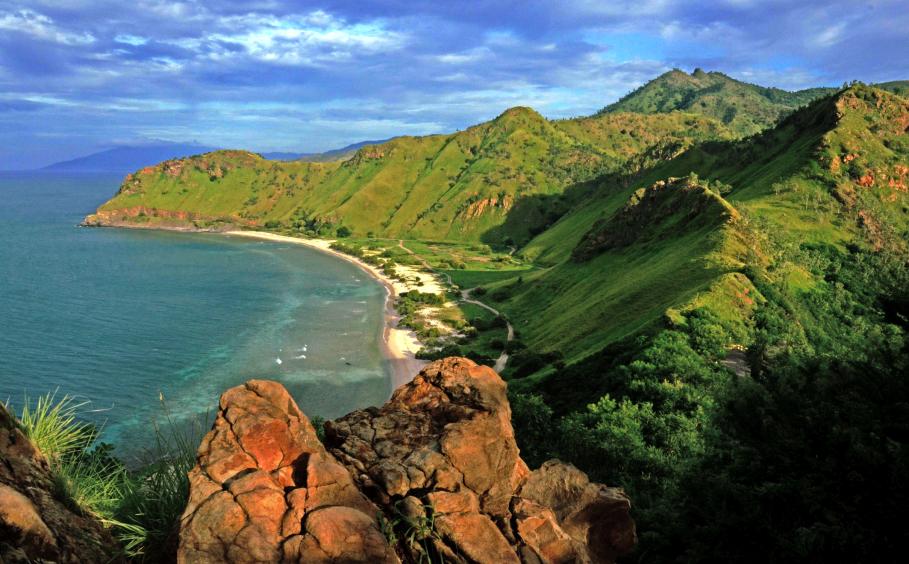-
About
ExploreUp a level (this gets replaced in JS)
-
Strategic Plan
Explore
-
College Overview
Explore
- Dean's Lecture Series
- Environmental Health Sciences
-
Diversity, Equity and Inclusion
Explore
-
Get Involved
Explore
-
People
Explore
-
Achievements
Explore
- Administrative Offices
- Discover HHD
- College News and Events
- Commencement
- Contact Us
-
Strategic Plan
-
Undergraduate
ExploreUp a level (this gets replaced in JS)
-
Getting Started
Explore
-
Student Support
Explore
-
Get Involved
Explore
-
Gain Experience
Explore
-
Careers
Explore
-
Get Connected
Explore
-
Policies and Procedures
Explore
- Summer Session
- Discover HHD
- Visit and Apply
- New Student Orientation Program (NSO)
- Undergraduate News
- Commencement
- Contact Us
-
Getting Started
-
Graduate
ExploreUp a level (this gets replaced in JS)
-
Getting Started
Explore
-
Student Support
Explore
-
Student Profiles
Explore
-
Get Involved
Explore
-
Get Connected
Explore
-
Gain Experience
Explore
- Environmental Health Sciences
-
Diversity, Equity and Inclusion
Explore
-
Commencement
Explore
- Discover HHD
- Admissions
- Contact
-
Getting Started
-
Online & Outreach
ExploreUp a level (this gets replaced in JS)
-
Online Degrees and Programs
Explore
-
Outreach Programs
Explore
-
Short-term Courses
Explore
-
Teaching Support
Explore
- Contact Us
-
Online Degrees and Programs
-
Research
ExploreUp a level (this gets replaced in JS)
-
Researcher Resources
Explore
-
Ongoing Research
Explore
-
Research Units
Explore
-
Diversity, Equity and Inclusion
Explore
- Environmental Health Sciences
-
Get Involved
Explore
-
Stay Connected
Explore
- Discover HHD Research
- Research News and Events
- Contacts
-
Researcher Resources
-
Alumni
ExploreUp a level (this gets replaced in JS)
-
Become a Member
Explore
-
Resources for Alumni
Explore
-
Building Diversity and Inclusion
Explore
-
Get Involved
Explore
-
Meet Our Volunteer Leaders
Explore
-
Stay Connected
Explore
-
Alumni Achievements
Explore
-
Parents and Family
Explore
-
Donate
Explore
- Alumni News
- Attend an Alumni Event
- Give to HHD
- Update Your Contact Information
- Contact Us
-
Become a Member
-
Contact
Explore
-
Departments
Explore
-
Research Centers
Explore
-
Central Administration
Explore
-
Training and Support
Explore
- Contacts/Directory
Professor supports tourism development in Timor-Leste

This spring, Bing Pan, professor of recreation, park, and tourism management at Penn State, received an invitation to support the development of tourism in one of the world’s newest nations: Timor-Leste.
Timor-Leste—also known as East Timor—is located is Southeast Asia where it shares an island with part of Indonesia. The nation became independent in 2002 and has relied on oil exports to support its economy. Recently, private citizens and public officials in the nation have been working to increase international tourism to diversify the national economy.
In June 2024, Pan travelled to Timor-Leste where he interviewed 24 stakeholders in the tourism industry, including government officials, ambassadors, tour operators, officers in tourism associations, expatriates, local community members, and others. After completing his interviews and supplemental research, Pan authored a report for the Ministry of Tourism and the other stakeholders that laid out recommendations for building the tourism industry in the nation.

[In Timor-Leste] there is pride and enthusiasm everywhere you go. It is an exciting time for the young nation.
Bing Pan
“Timor-Leste is rising from a long history of colonization and occupation and trying to rebuild its economy through tourism development,” Pan said. “In fact, developing tourism is a necessity because the probability of developing other industries is relatively low according to data and economic experts.”
Pan said stakeholders were largely in agreement about Timor-Leste’s current strengths and weaknesses in tourism. He also said, however, that he encountered diverse views on how to move the tourism industry forward.
One of Timor-Leste’s advantages is the beauty of its marine tourism, specifically whale watching and diving. Additionally, with only 81,000 visitors in 2023, Timor-Leste can be considered “undiscovered,” meaning that visitors will not experience the crowding or overtourism that can occur in other better-known destinations. Timor-Leste’s rich and friendly culture and proximity to Asian population centers were also strengths, according to stakeholders.
Identified weaknesses included difficulty of traveling to the nation, high costs relative to its geographic neighbors, and inferior infrastructure. Pan also noted the lack of a skilled labor force and tourism marketing.
Pan recommended that the federal government subsidize one or more airlines to improve the number of flights to Dili, the nation’s largest city. He also recommended upgrading information and images on the national tourism website and adding functionality to enable booking vacations through the website.
Building tourism is a priority because poverty is widespread in Timor-Leste. The gross domestic product (GDP) per capita is just 2% of the pre capita GDP of the United States. Still, Pan said that the story of Timor-Leste is a hopeful one, and he is excited to support the nation in any way he can.
“For a long time before its independence, the fate of its people and land was determined by foreign powers instead of themselves, mostly to the detriment of the people,” Pan said. “Now that they rule themselves, there is pride and enthusiasm everywhere you go. It is an exciting time for the young nation.
“This experience also reaffirmed the value of my research field,” Pan continued. “Tourism can raise a country's economy and people's living standards, and in places like Timor-Leste, that work is critically important. I am grateful to be able to contribute to the nation, however small my contribution may be.”
This project was completed during a side trip. Earlier this year, Pan worked in Singapore on a Fulbright scholar award. His project aimed to promote improved methods for monitoring and supporting tourism at heavily visited parks in the island city-state.
Originally published in July 2024
